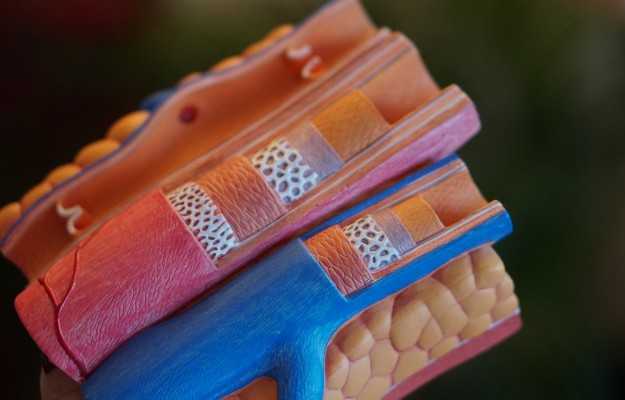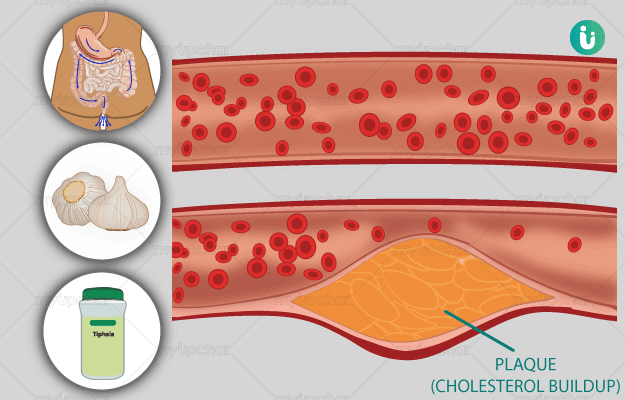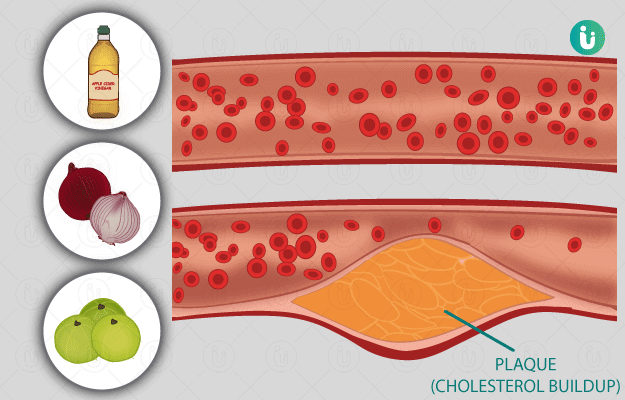Anyone who has high cholesterol or a family history of it can tell you how difficult it is to bring blood cholesterol levels down again. Though lifestyles changes and medicines can go a long way to manage cholesterol levels, bringing them below a certain level can be a Herculean task.
Now, a double-blind placebo-controlled phase 2 trial of a monoclonal antibody called Evinacumab has shown that the investigational drug can reduce bad cholesterol (low-density lipoprotein) in patients with refractory hypercholesterolemia or difficult-to-treat high cholesterol. The trial confirmed this to be the case irrespective of whether these patients had familial hypercholesterolemia or not.
Familial hypercholesterolemia is a genetic condition in which patients have high LDL cholesterol from birth. Homozygous familial hypercholesterolemia is a type of familial hypercholesterolemia in which patients get genes for bad LDL receptors (which remove LDL or bad cholesterol from the body) from both parents. This makes the management of high blood cholesterol harder in these patients. Such patients also have a high risk of heart disease at an early age.
A previous phase 3 trial of Evinacumab had shown that Evinacumab in conjunction with lipid-lowering medication could reduce blood cholesterol in patients with homozygous familial hypercholesterolemia by 47.1% when taken at a dosage of 15 mg per kilo of body weight once a month for six months. The findings of this trial were published in The New England Journal of Medicine in August 2020.
The new phase 2 trial was done with patients with high cholesterol, and not just high cholesterol because of genetic conditions. The findings of this trial were also published in The New England Journal of Medicine, on 15 November 2020.
For the new trial, researchers divided 272 patients into seven groups based on the method of drug delivery, dosage and whether the patients received a placebo or the drug over 16 weeks:
|
Number of patients |
Delivery method |
Dosage |
Reduction in blood cholesterol |
|
40 |
Subcutaneous Evinacumab (injected under the skin) |
450 mg weekly for 16 weeks |
56 percentage points |
|
43 |
Subcutaneous Evinacumab |
300 mg weekly for 16 weeks |
52.9 percentage points |
|
39 |
Subcutaneous Evinacumab |
300 mg once every two weeks for 16 weeks |
38.5 percentage points |
|
41 |
Placebo |
NA |
NA |
|
39 |
Intravenous Evinacumab |
15 mg per kilogram of body weight every four weeks for 16 weeks |
50.5 percentage points |
|
36 |
Intravenous Evinacumab |
5 mg per kilogram every four weeks for 16 weeks |
24.2 percentage points |
|
34 |
Placebo |
NA |
NA |
After four months (16 weeks), the researchers found that Evinacumab could reduce cholesterol in patients with the refractory or hard-to-treat forms of this disease. Higher doses of the drug showed better results than lower dosages in both regular subcutaneous injection and intravenous injection of the drug.
The trial was funded by Regeneron Pharmaceuticals, a US-based biotechnology company that is involved in the development of monoclonal antibodies among other modern therapeutics.
Why is this important?
Our liver produces two main types of cholesterol: low-density lipoprotein (LDL) and high-density lipoprotein (HDL). As the names suggest, the difference between these two types is in terms of the proteins that are packed in the molecules—the proteins are needed to transport lipids from the liver to the cells that need them.
Cholesterol is essential for a number of functions—for example, it is a crucial ingredient in the membranes or walls of our cells. Our body also needs cholesterol to make hormones like estrogen, and to produce vitamin D. However, an excess of LDL gets deposited in the blood vessels. Over time, this makes the blood vessel narrower. HDL, on the other hand, doesn’t get deposited in the blood vessels. What’s more, it helps to take excess LDL back to the liver where it can be broken down and taken out of the body.
Normal cholesterol levels are in the range of 125-200 mg per deciliter of blood (a deciliter is one-tenth of a litre). High cholesterol (a cholesterol level of 240 mg/dL or above is considered high; between 200 mg/dL and 239 mg/dL is considered borderline high) can affect multiple body functions, especially blood circulation and the heart. Over time, the harmful effects of high cholesterol can compound and affect the blood vessels and other organs, too.
Exercises for high cholesterol and healthy diet for high cholesterol along with cholesterol medications like statins can help to control blood cholesterol. However, some patients can have difficulty reducing cholesterol levels. If passed by regulators, investigational drugs like Evinacumab could make a difference in the quality of life and well-being of over two-fifths of the world’s population aged 25 and above who have high cholesterol.
Evinacumab is “fully human” monoclonal antibody (as opposed to monoclonal antibodies generated in the bodies of animals like cows or llamas). It works by inhibiting a particular protein called angiopoietin-like protein 3 (ANGPLT3) that has been linked with low LDL cholesterol and low risk of atherosclerotic cardiovascular disease for life. It also works in a different way than some lipid-lowering medicines that target the LDL-receptor pathway.
Atherosclerosis is a condition in which cholesterol plaque builds up in the blood vessels and makes them narrower—which significantly increases the risk of high blood pressure, coronary artery disease, peripheral artery disease, stroke and heart attack.



















